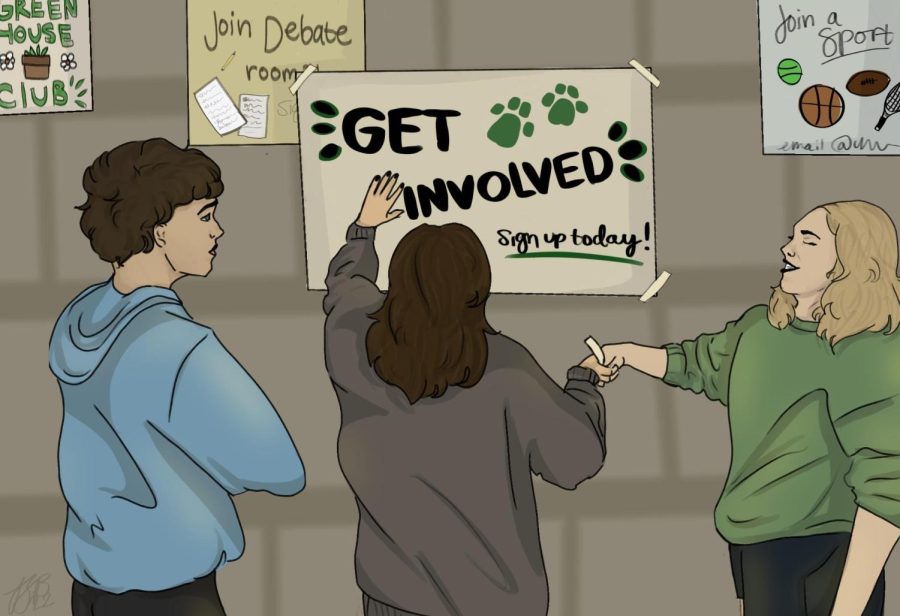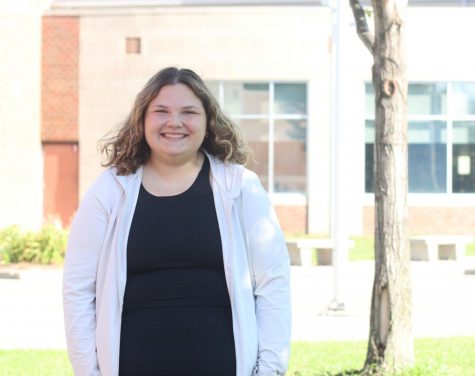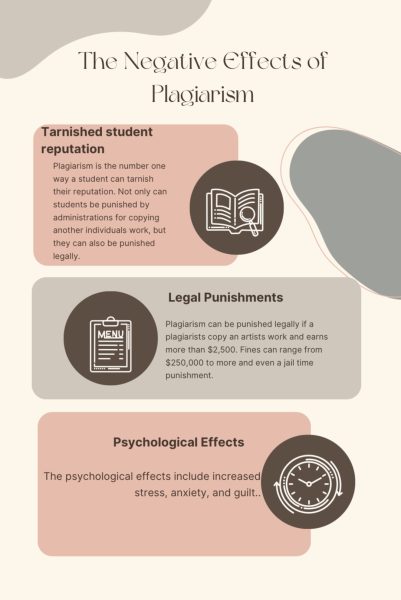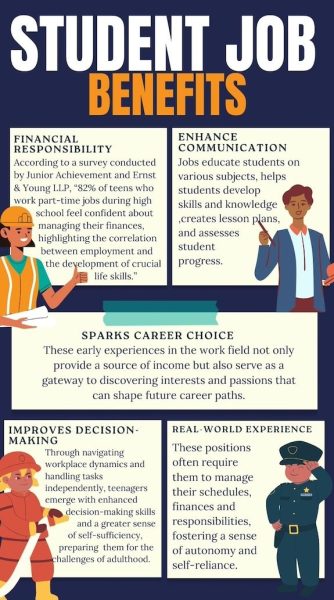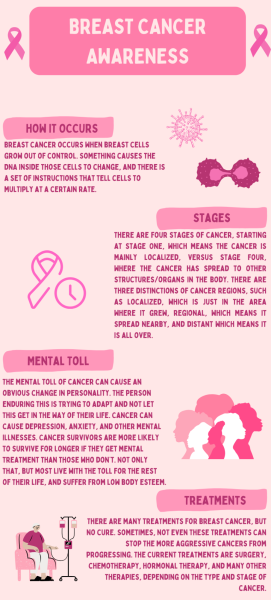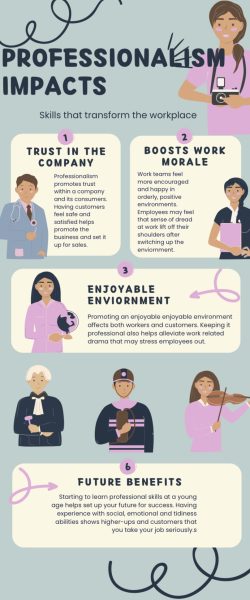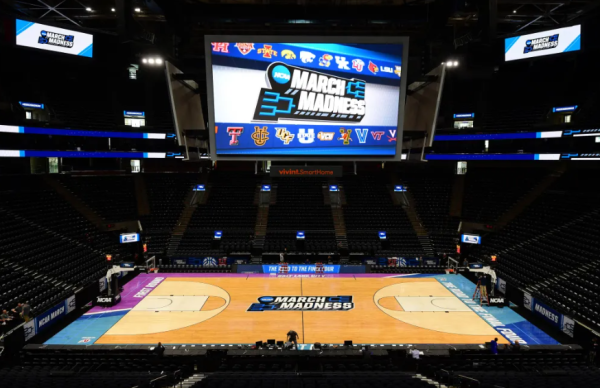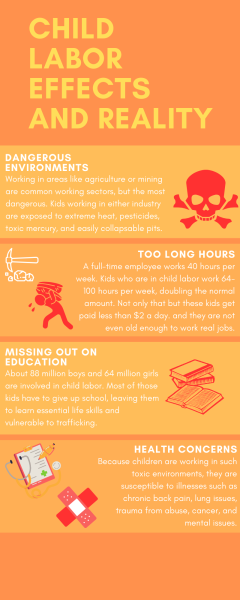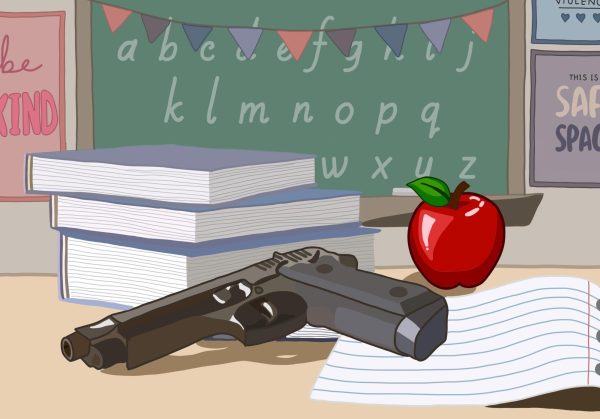Involvement is essential
By participating in extracurricular activities, students can improve their current and future experiences
Students need to be involved in extracurriculars to reach success now and in the future.
May 12, 2022
A majority of students are familiar with the wide array of activities that Millard West has to offer. Between the Freshman Day activity fair, the never-ending sporting events and the walls full of club posters, there hasn’t been a lack of communication about their existence, yet large numbers of students still choose not to participate and it is detrimental to their success.
Being involved in extracurriculars provides a space for students to use and build upon the skills that they learn in academic classes and apply them in a real-world setting, which creates a more well-rounded education that mirrors how knowledge learned now will be used in the future. Through classes like English 9 and U.S. History, students learn information, but activities allow for them to implement what they learn in social situations. In a study done by the United States Department of Education, it was found that students who participate in an extracurricular activity are three times more likely to have a grade point average above a 3.0 than students who are uninvolved. By participating in even one club or sport outside of school hours, students can greatly improve their odds of academic success.
In addition to maintaining and enhancing current skills, being involved can help to form new ones. Activities such as forensics and journalism help to form stronger communication skills while sports like softball and track increase athleticism. Even smaller, more hobby-based activities such as Knitting Club and Greenhouse Club can benefit students by providing them with new abilities.
Through taking part in an activity students are also able to build relationships with their peers, which are imperative for maintaining positive mental health. The National Council for Wellbeing reported that having strong friendships, especially during formative teenage years, can increase a sense of belonging, improve self-confidence and reduce stress and anxiety. The weight of rigorous classes and constant project deadlines can be difficult to manage, but having a support system within an activity is essential in order to keep up and excel.
Students can also form valuable connections with faculty members through their involvement, who can play a crucial role in providing outside-of-the-classroom experiences. Club sponsors and coaches help to facilitate competition and travel opportunities which expand learning past the walls of Millard West and open additional doors for students elsewhere. They also frequently bring in community guest speakers who have extensive networks which can tie students to larger opportunities such as internships and scholarships.
Over the last few years, there has been a rise in post-secondary schools focusing on non-test-related factors for admissions — one of the biggest considerations being extracurricular involvement in high school. The National Center for Fair and Open Testing reported that more than 1,830 schools went test-optional for the 2022 admissions cycle. With growing competitiveness and lowering acceptance rates, having a well-rounded resume full of school participation is a vital piece of a winning application.
Apart from time commitments and minimal fees, high school is a relatively risk-free environment for students to explore their interests. Through being involved in extracurriculars, students are able to sample possible career paths and rule out professions that they don’t want to pursue permanently. By participating in clubs such as HOSA and DECA, students can narrow down their post-graduation plans to get a head start on their future. According to the National Center for Education Statistics, roughly 33% of college students change their initial major at least once within the first three years of a bachelor’s degree program. By discovering passions early on students can save money by avoiding classes that won’t count towards a final degree and use their time and resources more effectively post-high school.
With a variety of sports, clubs and other activities available to students it is imperative that everyone gets involved in at least one extracurricular to better themselves academically and emotionally and to work towards future achievements. As the school year comes to a close, the 2022-2023 academic term is the perfect chance to get involved.

